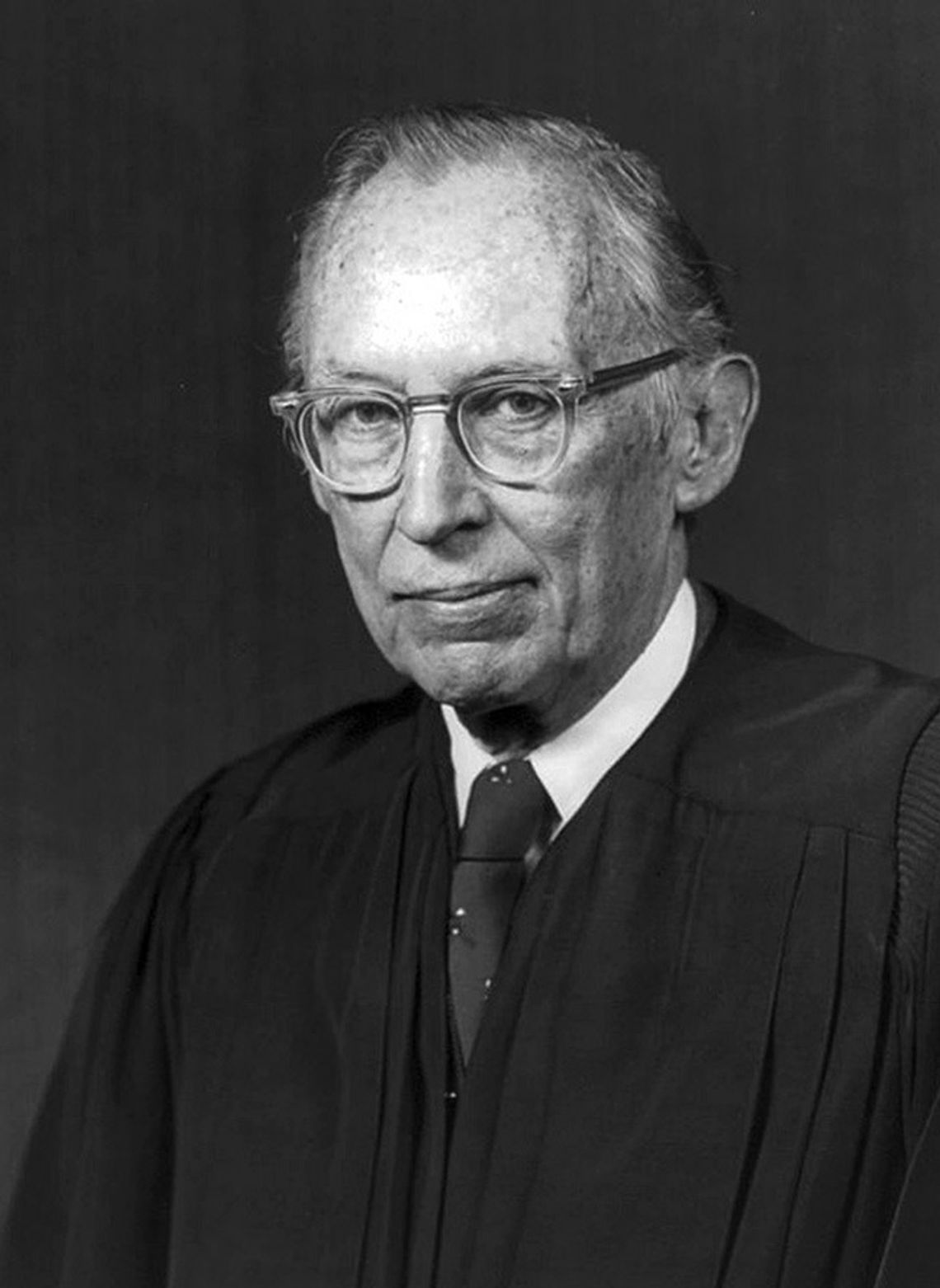Forty-five years ago this summer, a divided U.S. Supreme Court, in a ruling authored by Associate Justice Lewis F. Powell – a distinguished alumnus of Washington and Lee University – held that colleges and universities could consider race as one factor among others in admissions decisions. This was the law of the land until two weeks ago, when the court ruled that race could no longer be considered in determining which students are admitted.
In public comments he made in response to the June 29 Supreme Court ruling, W&L President Will Dudley alluded to Powell’s “masterful compromise on a deeply divided court” in the University of California Regents vs. Bakke ruling issued in June of 1978. “The case was brought by a white male applicant to the medical school of the University of California at Davis, who argued his rights were violated by the use of a quota system that set aside a fixed number of places in the entering class for minority applicants.”
Powell, Dudley recalled, “joined four of his fellow justices in holding that racial quotas do indeed violate the Equal Protection Clause of the Fourteenth Amendment and Title VI of the Civil Rights Act of 1964 and therefore may not be used in college admissions. But Powell also joined his other four fellow justices in holding that ‘the goal of achieving a diverse student body is sufficiently compelling to justify consideration of race in admissions decisions under some circumstances. … ‘Specifically, the majority held that race could be deemed a positive factor in a holistic review of individual applicants, which is precisely what W&L and most other American colleges and universities have done for nearly half a century.”
Because of Powell’s masterful compromise, the student population at America’s colleges and universities is more diverse and better reflects the overall population of our country. All of America is better off because of the inclusion of minorities in greater numbers in higher education and thus professions, other occupations and all walks of life.
Dudley pointed out that Powell’s “momentous decision was reaffirmed 25 years later by Justice Sandra Day O’Connor. Writing for the majority in Grutter vs. Bollinger, … in 2003, O’Connor noted that ‘Public and private universities across the nation have modeled their own admissions programs on Justice Powell’s views on permissible race-conscious policies’ [while declaring] that ‘the Court endorses Justice Powell’s view that student body diversity is a compelling state interest in the context of university admissions’.”
Dudley acknowledged that O’Connor did emphasize that a “core purpose of the Fourteenth Amendment was to do away with all governmentally imposed discrimination based on race” and that “race-conscious admissions policies must be limited in time.” Dudley noted that O’Connor “famously expressed the Court’s expectation that ‘25 years from now, the use of racial preferences will no longer be necessary to further the interest approved today.’ In response to this prediction, Justice Ruth Bader Ginsburg pointed out that ‘one may hope, but not firmly forecast, that over the next generation’s span, progress toward nondiscrimination and genuinely equal opportunity will make it safe to sunset affirmative action’.”
It is nearly 25 years later now, and we doubt seriously that we have made sufficient progress to be able to cast aside all notions of a race-conscious society. Racism is, unfortunately, still with us, and we worry that the recent Supreme Court ruling will set us back so that we’ll see a return to more segregation in the upper echelons of higher education.
We are encouraged, however, with the responses to the recent ruling by Dudley and his cohorts at our other two local colleges – Virginia Military Institute and Southern Virginia University – that they will remain committed to maintaining diversity in their admissions and enrollment.
Dudley put it succinctly: “[The June 29] Supreme Court decision impacts colleges and universities across the country whose admissions programs have been developed in light of Justice Powell’s ruling in Bakke. Washington and Lee will adjust our admissions policies and practices to be fully compliant with the newly reinterpreted law of the land. But we will never be dissuaded from our mission. Diversity of life experiences and perspectives makes us a better university, and we will continue using all legally permissible means to attract and support an increasingly diverse campus community in the pursuit of educational excellence.”
.jpg)



